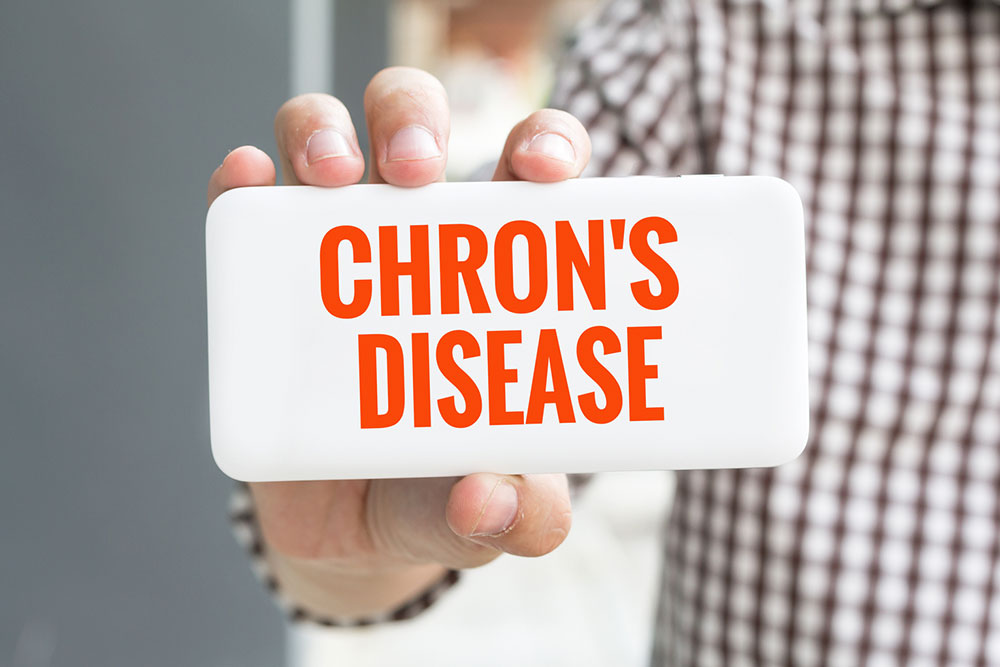Comprehensive Guide to Understanding Crohn's Disease
This comprehensive overview of Crohn's disease covers symptoms, causes, complications, and management strategies. Recognizing early signs and seeking medical advice can improve outcomes. A balanced diet and regular checkups are essential for controlling this chronic condition. Stay informed and prioritize your digestive health with this detailed guide.

Essential Facts About Crohn's Disease
Crohn’s disease is a form of inflammatory bowel disease (IBD) that impacts the digestive system. It causes inflammation leading to symptoms like abdominal pain, fever, weight loss, and diarrhea.
In severe cases, blood may appear in the stool, and the infection can penetrate deep into bowel layers. The condition may also result in complications like anemia, skin rashes, fatigue, eye inflammation, and arthritis. If untreated, it can cause serious health issues.
The disease primarily affects the colon and the terminal part of the small intestine, which are more susceptible regions.
Symptoms and Signs of Crohn’s Disease
The symptoms depend on the affected area and severity of inflammation. Common signs include:
Diarrhea: Typically an early indicator, watery if the small intestine is involved, or bloody if the colon is affected. Flare-ups can be intense but may lessen with treatment.
Rectal bleeding: Blood in stool, bright red or passing occasionally. Severe bleeding requires urgent medical attention.
Fever and night sweats: The body's immune response causes fever and night sweats during inflammation episodes.
Fatigue: Blood loss and anemia contribute to low energy, weakness, and mental fatigue.
Abdominal pain and tenderness: Discomfort often occurs with diarrhea, caused by organ inflammation.
Loss of appetite and weight loss: Pain, nausea, and energy deficits lead to decreased eating and weight reduction due to poor nutrient absorption.
Fistula formation near the anus: Chronic inflammation may form abnormal connections, causing drainage and infection.
Ulcers: Lesions develop throughout the GI tract, worsening symptoms over time.
As Crohn’s progresses, symptoms may involve joints, skin, eyes, or liver, and in children, delayed development may occur. Persistent symptoms or worsening diarrhea should prompt a healthcare consultation.
Causes
The exact cause remains unknown, but genetic factors and immune system dysfunction are believed to play roles. The immune response to infections may mistakenly attack the digestive tissues, triggering inflammation. Family history increases your risk.
Management
While no cure exists yet, treatments focus on controlling inflammation through medication, nutritional therapy, and sometimes surgery to prevent complications. Regular checkups and a healthy lifestyle, including balanced diet and adequate hydration, help manage the condition effectively.
Seek prompt medical advice if symptoms appear or worsen. Preventive care and early intervention are vital for better outcomes.










